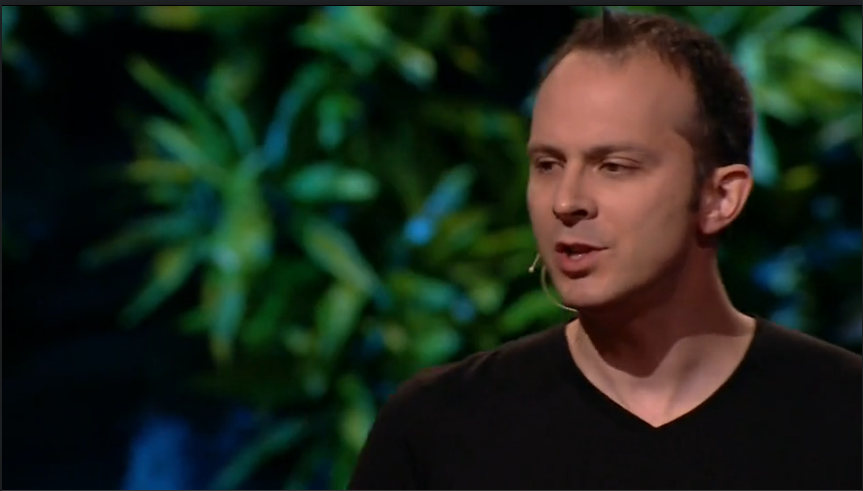(单词翻译:单击)
演讲文本
Five thousand products -- that's still nothing.
5000个产品,这还没什么。
Five thousand products -- imagine counting every product category in Cesar Hidalgo's data.
5000个产品,想象我们来数塞萨尔·伊达尔戈数据中的每个产品的目录。
Imagine you had one second per product category.
想象你每一秒钟,听到一个产品种类的名字
In about the length of this session, you would have counted all 5,000.
大约用这段会议的时间,你可以数完5000个产品
Now imagine doing the same thing for every different type of product on sale in Walmart.
现在你再想象去数各种,不同的在沃尔玛销售的产品。
There are 100,000 there. It would take you all day.
那有10万种,那大概需要一天才能数完。
Now imagine trying to count every different specific product and service on sale in a major economy such as Tokyo,
现在你想象去数,在主要经济体中销售的每种不同的特殊产品和服务。
London or New York. It's even more difficult in Edinburgh because you have to count all the whisky and the tartan.
比如,东京,伦敦或者纽约,在爱丁堡就更难了,因为你得数所有的威士忌和格子呢绒。
If you wanted to count every product and service on offer in New York -- there are 10 billion of them -- it would take you 317 years.
如果你要数在纽约提供的产品和服务,那就有100亿种,你得数317年。

This is how complex the economy we've created is.
这就是我们创造的复杂的经济体。
And I'm just counting toasters here.
而我这只是在这里数烤面包机而已。
I'm not trying to solve the Middle East problem.
我没想去解决中东问题。
The complexity here is unbelievable.
所以问题的复杂性是不可思议的。
And just a piece of context -- the societies in which our brains evolved had about 300 products and services.
我再提供一个背景数据,我们大脑演变的社会具有300多种产品和服务。
You could count them in five minutes.
你可以在5分钟里数完他们。
视频及简介
演讲简介:
经济作家提姆·哈福德研究复杂的系统,他在成功的事例中发现了意想不到的链接:它们都经历了试验和不断排除错误的过程。 在这个精彩的TEDGlobal 2011 演讲中,他呼吁我们接纳随机性并开始学会犯些有益的错误。


